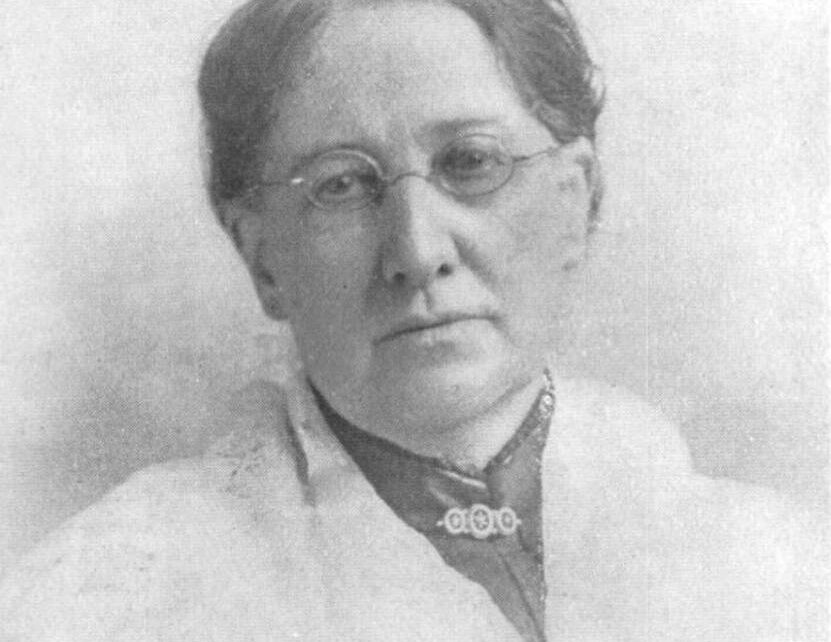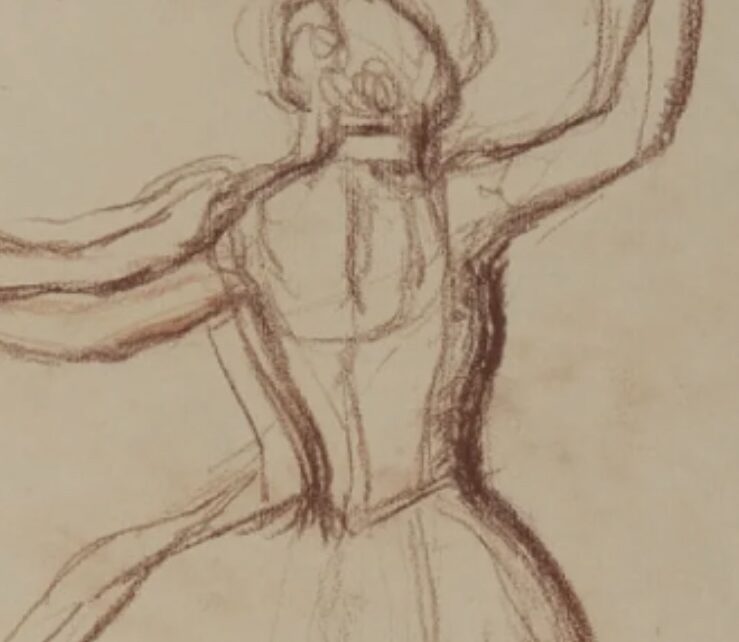The following is the third of a three-part series. The first can be found here. The entire article appears in the fall 2022 issue of The New Polis Journal. In fact, this book—with its cover—had become part of the romance narrative of christian conquest, helping to frame destruction, murder and conquest as somehow justifiable before their […]
A Tainted Trophy And The Framing Of White Supremacy In America, Part 1 (Tink Tinker)
The following is the first of a three-part series. The entire article appears in the fall 2022 issue of The New Polis Journal. “…a great many of the inhabitants of the fronteers (sic) consider the murdering of the Indians in the highest degree meritorious.”[1] –indiana governor william henry harrison (1801) The ghastly trophy of a book of christian […]
Religious Studies As The “State Religion” Of Neoliberalism, Part 3 (Carl Raschke)
The following is the last of a three-part series. The first can be found here , the second here. The Metastasis of Modernism A genealogy of the neoliberalization, together with the desiccation and commodification, of the vast ranges of human subjectivity and social experiences we have reduced to the lone signifier “religion”, can be found in Mignolo’s […]
Religious Studies As The “State Religion” Of Neoliberalism, Part 2 (Carl Raschke)
The following is the second of a three-part series. The first can be found here . The supreme achievement of neoliberalism, according to Han, is that it has massively perfected on a planetary scale the system of exploitation that eighteenth and nineteenth century liberalism pushed under the false flag of enlarging “freedom.” Robin Blackburn documents […]
Religious Studies As The “State Religion” Of Neoliberalism, Part 1 (Carl Raschke)
The following is the first of a three-part series. “Neptunus alii per alia, poterunt intellegi qui qualesque sint, quoque eos nomine consuetudo nuncupaverit, hoc eos et venerari et colere debemus.” – Cicero, De Natura Deorum The very concept of political theology insinuates a transcendental source of value from which the axiomatics of political thought, if […]
Embodiment – A Conference On The Crisis In Contemporary Theory And The Humanities (Announcement)
September 28-29, 2022 An International and Interdisciplinary Synchronous Online Conference Sponsored by the University of Vienna and the Journal for Cultural and Religious Theory (Whitestone Publications) in Co-operation with the University of Denver You must register in advance (see below) whereupon you will automatically receive a participation link. If you are having trouble, please email […]
Orientalism, Ontology, And Orientation – A Muslim Perspective On Charles H. Long, Part 2 (Mehnaz Afridi)
The following is the second of a two-part series. The first can be found here. The full article is published in the spring 2022 issue of the Journal for Cultural and Religious Theory. This novel brings me to Long’s work about descriptive and prescriptive narratives of the colonial and the New World. For example, he used […]
Orientalism, Ontology, And Orientation – A Muslim Perspective On Charles H. Long, Part 1 (Mehnaz Afridi)
The following is the first of a two-part series. The full article is published in the spring 2022 issue of the Journal for Cultural and Religious Theory. “America never EVER happened… we just believe in the idea that America has happened” —Charles H. Long 1994, Syracuse University “Afridi, you want to control the world! […]
Rapture Music – Intensity And Eschatology Within Christian Revival Movements, Part 3 (Fraser Macdonald)
The following is the second of a three-part series. The first can be found here, the second here. The full article is also available in the Spring 2022 issue of the Journal for Cultural and Religious Theory. One important current found within heterogeneous musicalities is contemporary popular music, whether country, rock, funk, hip hop, and so on. […]
Rapture Music – Intensity And Eschatology Within Christian Revival Movements, Part 2 (Fraser Macdonald)
The following is the second of a three-part series. The first can be found here. The full article is also available in the Spring 2022 issue of the Journal for Cultural and Religious Theory. Human No More: Human Transontology The profound affective movements that occur within religiously intensified music dislodge the coordinates of the body and […]









